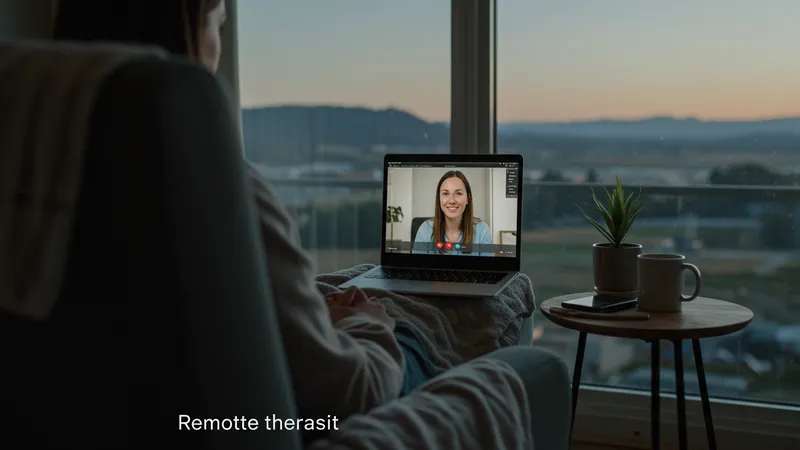
Online Mental Health Counselling: Professional Guidance From Anywhere
Virtual mental health counselling is reshaping how Australians access support for wellbeing and emotional challenges. Rather than having to sit in a clinician’s office, this approach connects people with qualified professionals via secure video calls, chat platforms, or phone conversations. The goal is to bridge distances, remove the need to travel, and make expert guidance available on-demand, wherever clients are comfortable. Technology now allows anyone to seek professional mental health support, regardless of their location within Australia’s vast geography.
This digital model keeps everything as confidential as traditional sessions, while enabling more flexible scheduling and real-time assistance. Whether someone is in a metro area or the most remote parts of Western Australia, professional guidance is now feasible without long waits or travel logistics. Sessions may involve cognitive behavioural therapy, counselling for anxiety or depression, or tailored strategies to navigate life’s challenges—a qualified clinician simply joins you online, creating a safe space without physical barriers.

- BetterHelp Australia – Comprehensive platform offering licensed therapists, pricing from AU$85/week.
- MindSpot – Government-supported free online mental health clinic.
- Australian Psychological Society Find a Psychologist – Directory to locate registered online counsellors, variable pricing (approx. AU$100–$250/session).
The flexibility of online mental health counselling aligns well with the demands of rural Australia, where specialist services can be out of reach for hundreds of kilometres. The convenience of scheduling also benefits those with work, study, or caregiving commitments. As demand for support grows, digital services ensure no one in Australia has to go without experienced, professional help, even in unexpected times of crisis or isolation.
Counselling through online platforms can adapt to individual needs: some clients prefer regular video calls, while others appreciate the anonymity of chat or phone-based interactions. These options provide multiple ways to access evidence-based therapy and connect with counsellors who understand Australia’s unique cultural and social contexts. Many platforms also accommodate those wanting Indigenous mental health expertise or support in specific languages.
The quality of care in online therapy is monitored under the same rigorous standards as in-person services. In Australia, qualified counsellors and psychologists must be accredited by bodies like the Australian Health Practitioner Regulation Agency (AHPRA), safeguarding client wellbeing. Resource-rich digital clinics often offer additional modules such as psychoeducation, guided self-help, or peer support forums, further enriching the support available from anywhere.
Privacy is a cornerstone of each service. Australian laws such as the Privacy Act 1988 require platforms to employ strict data protection measures. Confidentiality, informed consent, and responsible data usage are built into every interaction. As digital health continues to evolve, these protections reinforce client confidence in online mental health support.
The deeper details reveal even more valuable insights ahead: from how these platforms foster client-therapist trust to the unique benefits for Australian communities, and the innovative features that set leading services apart—each facet offers a compelling look into the future of accessible, professional guidance for mental wellbeing in Australia.